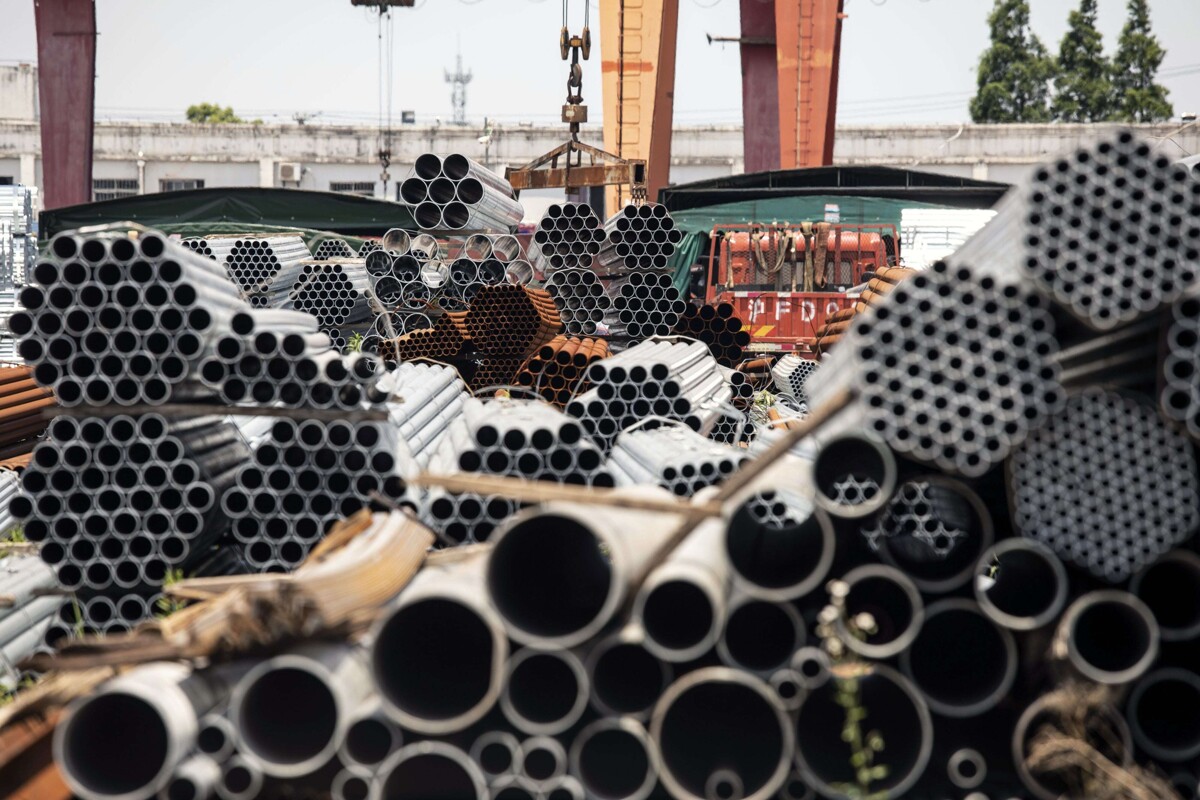
Last year, China's steel exports reached their highest level in nine years. This has impacted the steel industry in other countries, such as South Korea. Companies like Hyundai Steel have been affected by the massive influx of low-priced steel plates from China and Japan. This situation led Hyundai Steel to file a complaint with the Korean government.
Posco Holdings Inc., one of the leading steel manufacturers in Korea, was forced to close one of its plants due to competition from low-priced Chinese products. The arrival of hot-rolled steel plates imported from China has been a determining factor in this situation.
Recently, President Trump ordered a 25 percent tariff on all U.S. imports of steel and aluminum as part of a strategy to counteract countries like China evading existing tariffs. This measure has had an impact on the global steel industry.
In response to this situation, South Korea has announced its intention to impose tariffs on the import of Chinese steel, with rates that could reach up to 38.02 percent. Companies like Baoshan Iron & Steel Co. could also be subject to a 28 percent tariff as part of measures to protect the local industry.
The Korean government's investigation began after a request from Hyundai Steel Co. last July. This investigation process intensified after a 10 percent tariff was implemented on all Chinese imports. This measure aims to regulate unfair competition in the steel market and protect domestic companies.
In a global context of trade conflicts, South Korea seeks to protect its steel industry by establishing tariffs on the import of Chinese steel. This measure aims to balance competition and prevent the massive influx of cheaper products into the local market. Companies like Hyundai Steel have responded positively to this news, reflecting the importance of these decisions for the sector.












